Use First Saturday Lime for Chickens & Your Garden Will Thank You!
Back to blog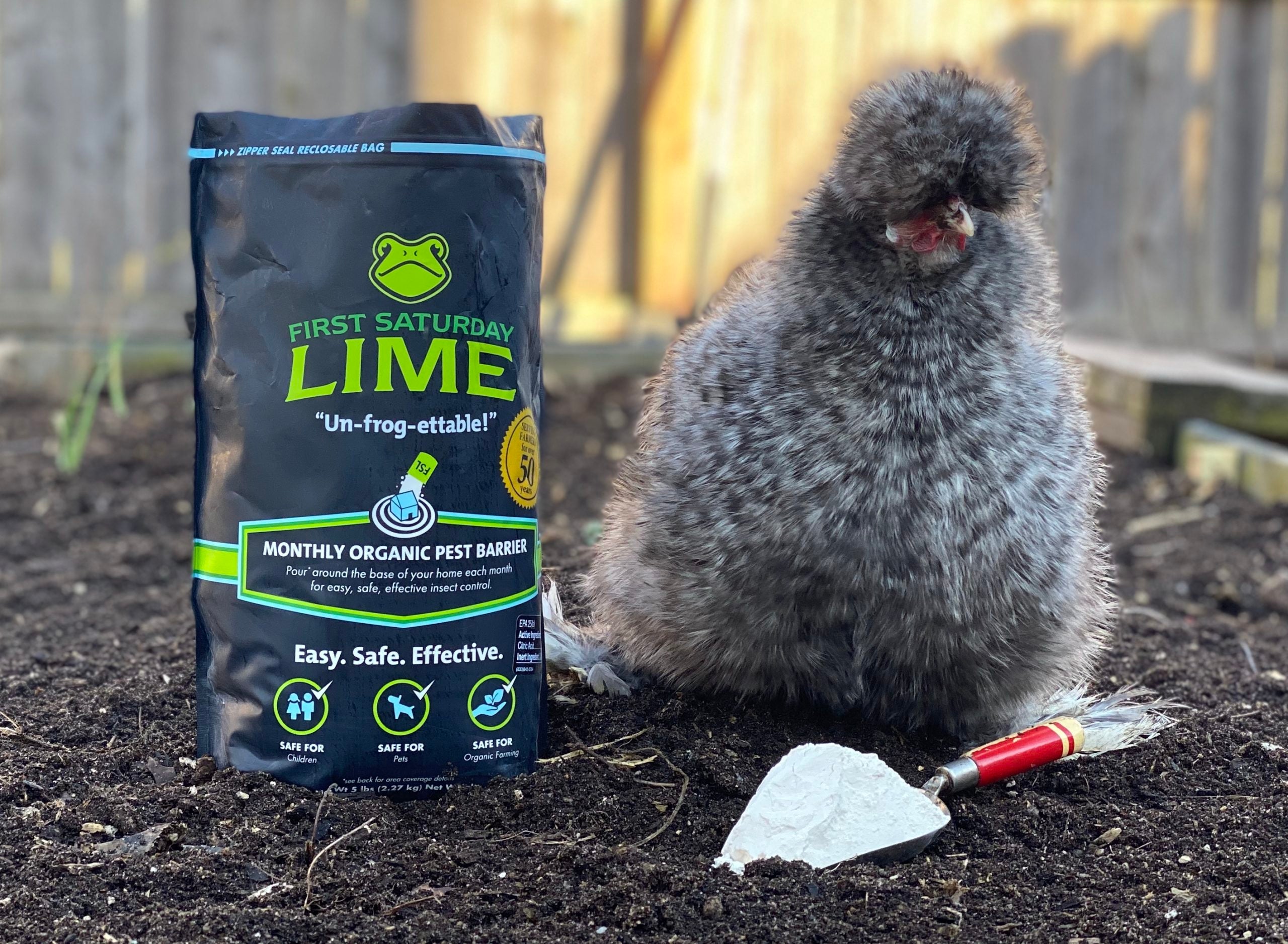

One of my must-have supplies for backyard homesteading is First Saturday Lime. Garden lime (no, not the citrus plant!) is a rock powder that is widely used in organic gardening.
Garden lime is alternately called limestone, agricultural lime, aglime, or just plain lime. It's all-natural, safe for pets and kids, and it's organic-compliant.
(You can use any brand of garden lime, but we really like First Saturday. They're family-run and they source their product responsibly, in America. Plus, they're the nicest people!)
First Saturday Lime for your chickens

Lime is another best friend to chicken keepers.
- It's an insect repellent. Lime repels ants, fleas, ticks, lice, mites, aphids, and small hive beetles. Sprinkle some where your flock takes dust baths to prevent mite and lice infestation on your birds.
- In water, it combats mosquitoes and prevents algae from growing. This is good to keep in mind for the warmer months. Just sprinkle some anywhere you have standing water, including your flock's waterer.
- It kills stink-causing bacteria to help keep your coop smelling sweet and clean! It's odor- and moisture-absorbent and therefore helps counteract the effects of ammonia build-up from chicken poop in-between coop cleanings. I sprinkle it in my coop in between cleanings
- Spread it around the footprint of your chicken coop to keep carpenter ants and termites at bay.
First Saturday Lime for your garden
Chicken keepers compost soiled bedding and add it to their gardens. Gardeners who don't have chickens will even pay for the pleasure. The only potential problem, over time, is that chicken poo is on the acidic side. Some plants love that, like blueberries, potatoes, raspberries and strawberries. Most other plants benefit from an increased pH.
And that's what lime does! Gardeners have been using lime for... well, forever, because of the following benefits:
- Lime provides a source of calcium for plants.
- It improves water penetration for acidic soils
- It improves the uptake of major plant nutrients
- And if your soil is too acidic, it can increase the pH.
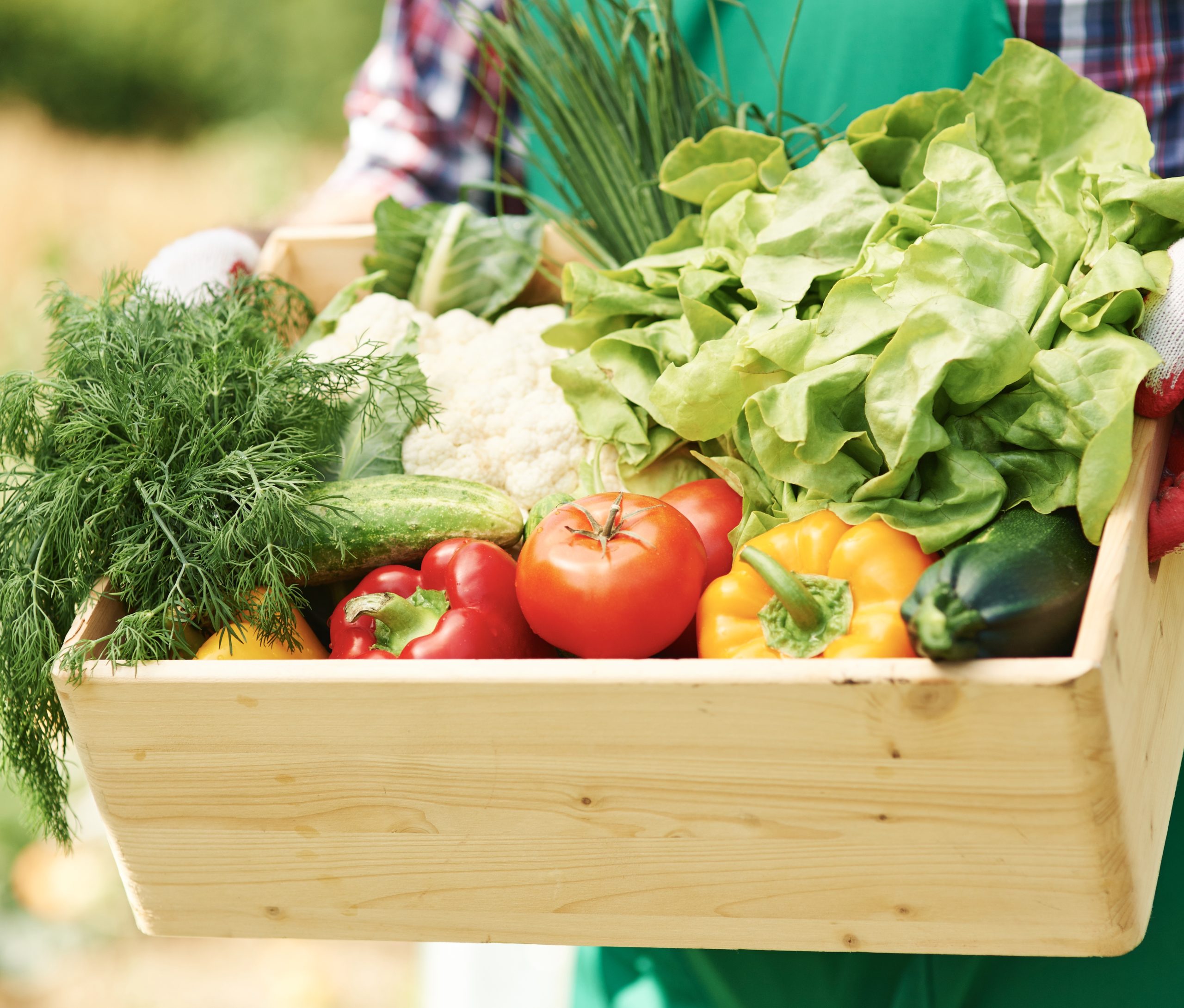
So if your garden soil is too acidic, using lime in your chicken bedding and run is key. Not only will it help your flock stay healthy, but it'll also help neutralize your compost pile for your garden.
Other ways to use lime in the garden
Lime is not a fertilizer, and it's important to only add it to your garden when needed. To make that determination, use a soil tester. The amount of lime you add to your soil to achieve a healthy 6.5 to 6.8 pH depends on the size of your bed and its current pH.
Once you know that, use this handy online lime calculator. It'll tell you exactly how much lime to add to your garden beds.
If your calculator says you need to add lime, the best time to do it is in early spring, prior to planting, and in fall, after you harvest the last crop.
Vegetable crops that tend to really like lime include: tomatoes, squash, soybeans, asparagus, peas, garlic, onions, lettuce, and cantaloupe.
Do you have any additional tips on using lime? We'd love to hear them. Please share in the comments below!
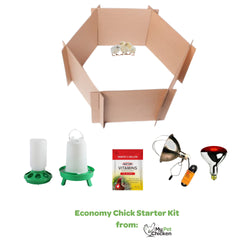
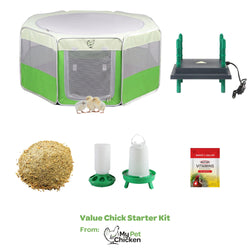
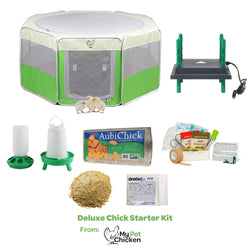
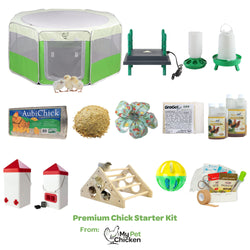
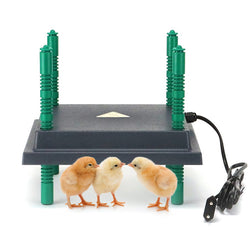
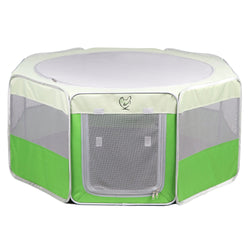
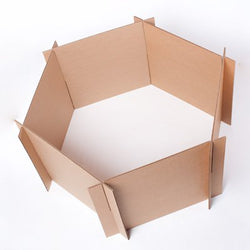
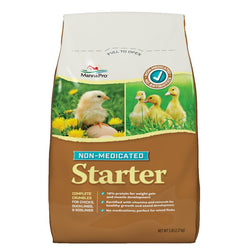
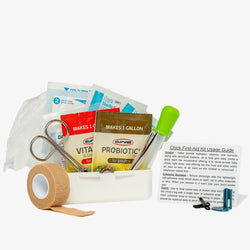
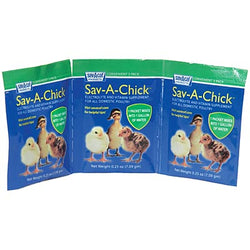
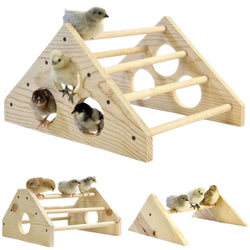

2 comments
Will this remove Poultry/Bird Mites if they’ve already been found on your flock? How could I use this to help irradiate the infestation?
how can i use this on my apple and peach trees?